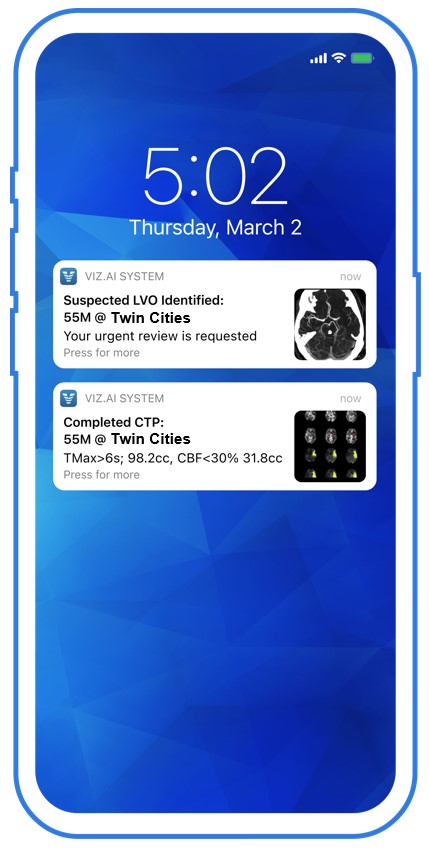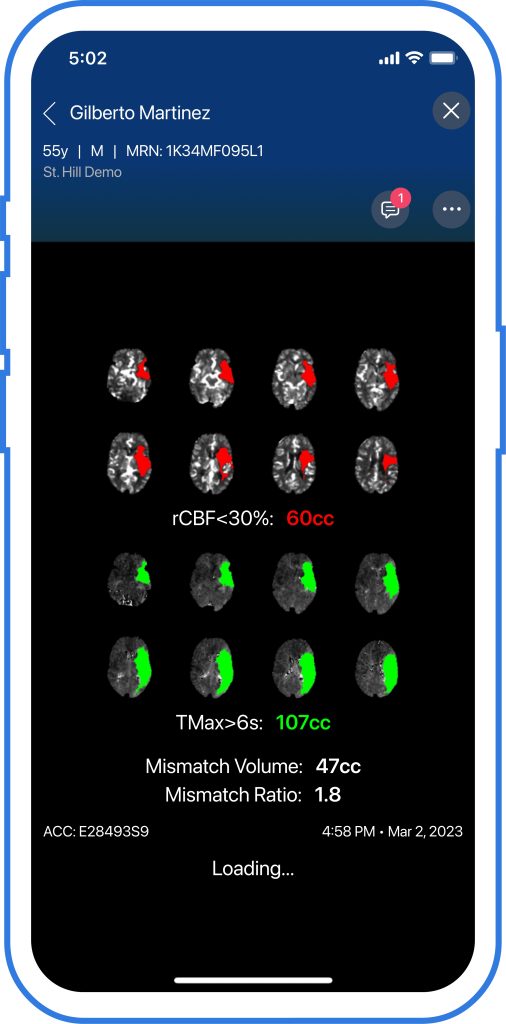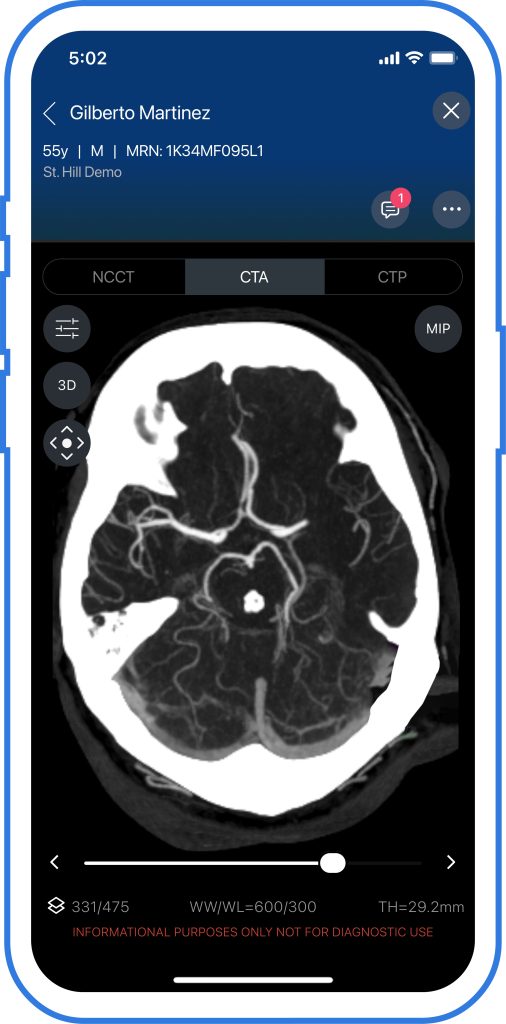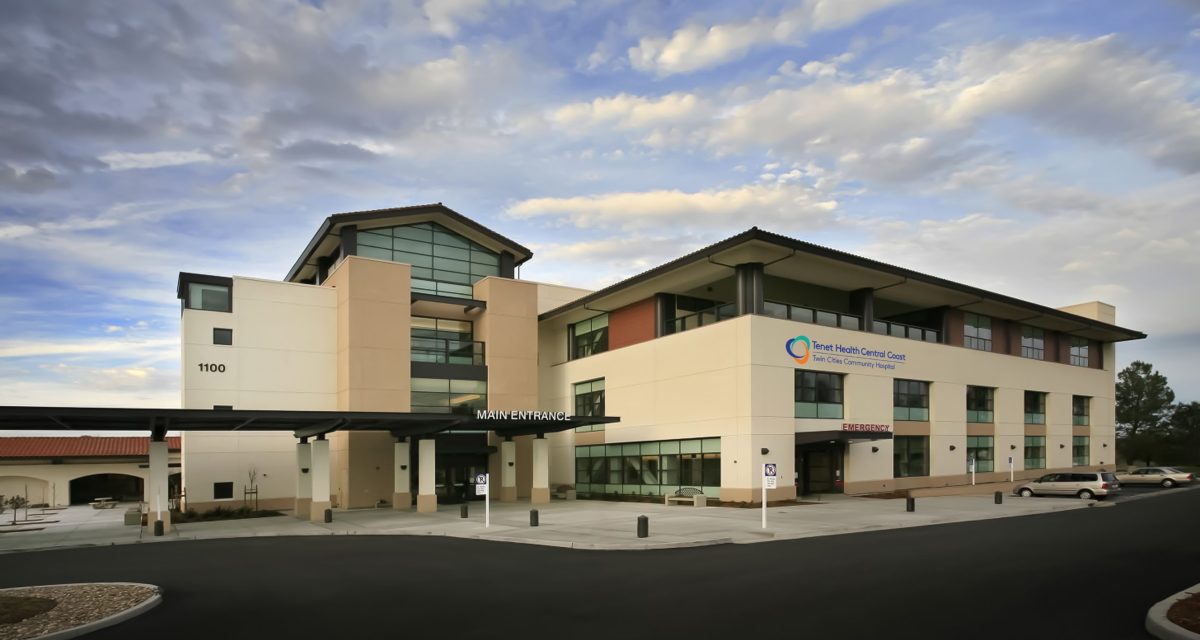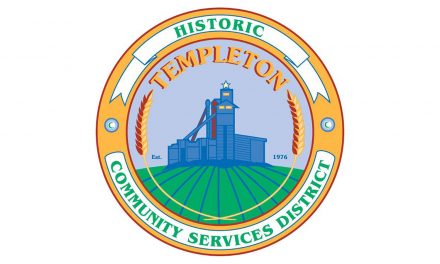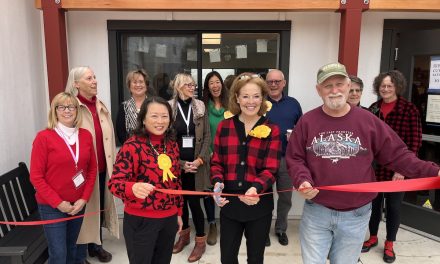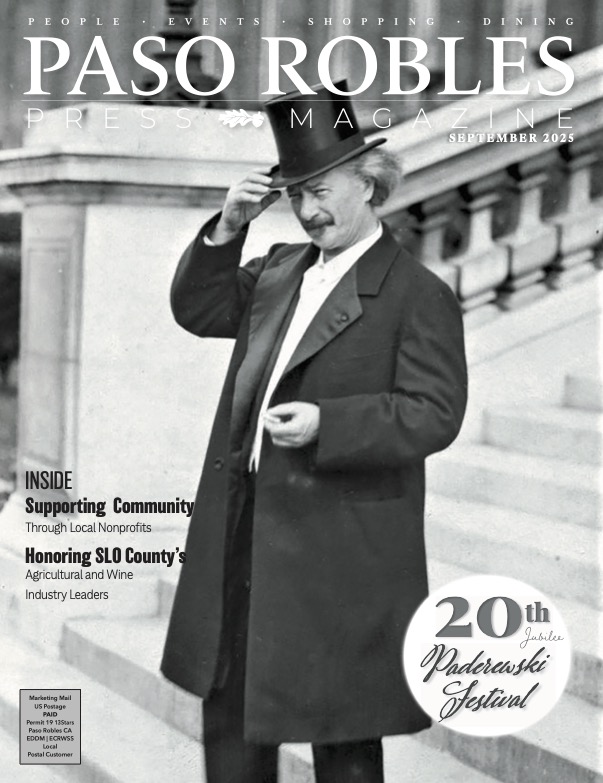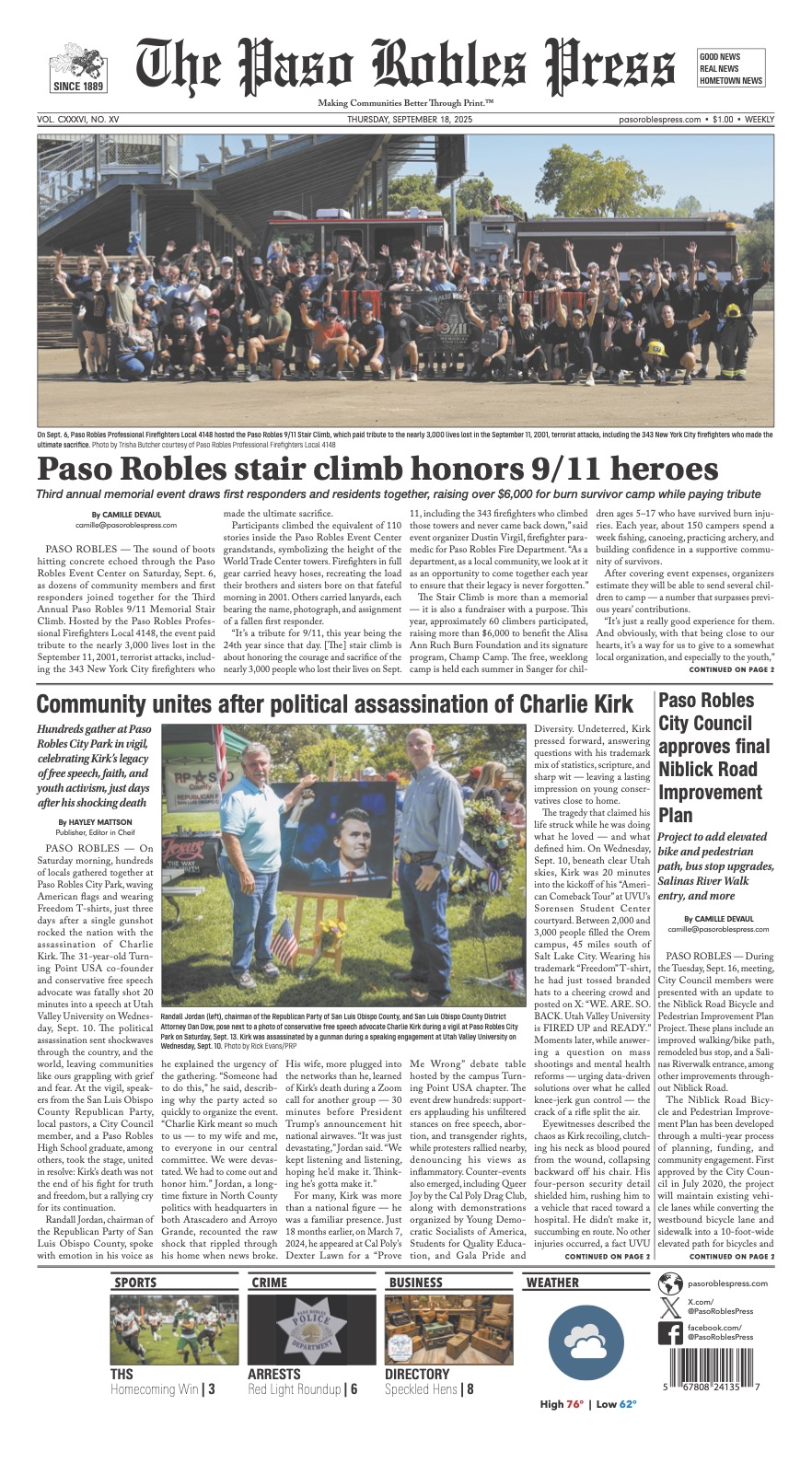Advanced technology improves diagnosis and coordination, leading to enhanced patient outcomes
TEMPLETON — Twin Cities Community Hospital is going to utilize artificial intelligence (AI) in its care of stroke patients in the community.
Recently, Twin Cities implemented this diagnosis-to-action technology that features AI, giving Twin Cities’ care teams the ability to diagnose stroke patients with large vessel occlusion (LVO) within minutes of the CT scan being completed. According to the hospital, they will be able to offer faster treatments and interventions.
“In the pre-AI era, which is only a few years ago, stroke patients would undergo complex brain imaging, which were downloaded to our imaging systems and portals. Our stroke team, including neurologists, radiologists and Emergency Department physicians, would then review those images and communicate amongst each other by phone to come up with a plan,” said Dr. Moussa Yazbeck, medical director of stroke programs at Tenet Health Central Coast. “Now, with the recently acquired AI, the AI has the ability to quickly review those images and alert the different providers on the team if an LVO is present. Importantly, the stroke care team utilizes the AI platform to communicate quickly and efficiently. This has already proven to expedite care and improve outcomes in only a short period of time.”
Maria Irthum, Tenet Health Central Coast neuroscience, stroke, and spine coordinator, gives an example: “We saw the impact during the first week of implementation. We had a neurologist who was out shopping one day when he was alerted via his phone by the AI software, which detected an LVO. This triggered the action for a quicker intervention.”
Just as important as the speed of the results, Yazbeck speaks of the quality of the images as well.
“The quality of the images is impressive even on a small handheld device such as my phone,” said Yazbeck. “I can zoom in and zoom out, and utilize 3D technology. The sensitivity and specificity of the AI software in detecting LVO is also very impressive and comforting”
The tools are HIPAA compliant and available to the Tenet Health Central Coast stroke care team via cellphones or tablets. Tenet Health Central Coast works with Viz.ai to implement the AI technology in the coordination of stroke care. Both Tenet Health Central Coast (TCCH) hospitals — Sierra Vista Regional Medical Center in San Luis Obispo and Twin Cities Community Hospital in Templeton — utilize the platform and are the only ones in the county to do so.
The reason for the technology is to accelerate diagnosis and care to enhance patient outcomes, which is already happening at Tenet Health Central Coast — and has been evident in previous peer-reviewed studies. In stroke care, the saying is “time is brain” because every minute in which a large vessel ischemic stroke is untreated, the average patient loses 1.9 million neurons, 13.8 billion synapses, and seven miles of axonal fibers that carry nerve impulses.
A study presented at the 2021 International Stroke Conference and published in the September 2022 issue of AHA Journals showed evidence that there is a 45 percent, or 102.3-minute, average reduction in door-in, door-out time for patients whose care was coordinated through this integrated technology. A reduction in door-in, door-out time equates faster stroke care and more brain tissue saved. In addition, there was an 11.4 percent improvement in modified Rankin Scale (mRS) scores, which measure stroke outcomes or level of disability.
“We worked diligently to get this technology at Tenet Health Central Coast because we know our patients will benefit from it and we are grateful for the support of our integrated teams” said Yazbeck. “This is an evolving field, and we’re at the forefront of this technology. We are extremely happy and proud to offer this level of care to patients in our community.”
